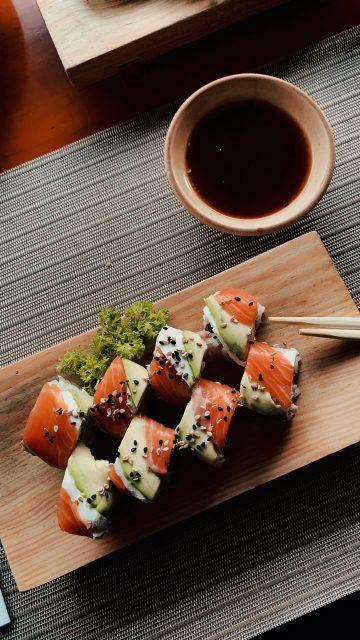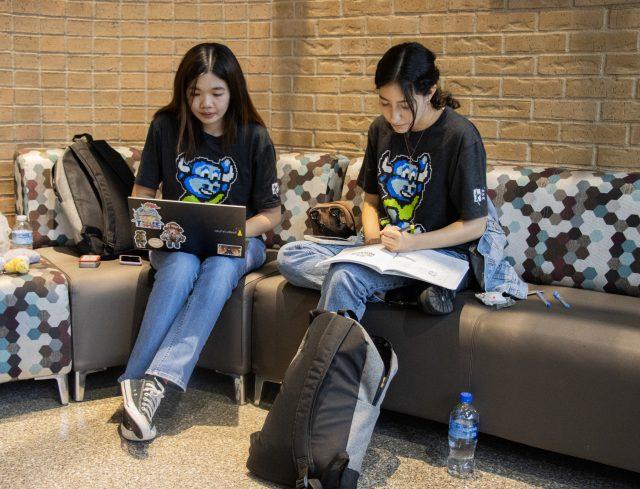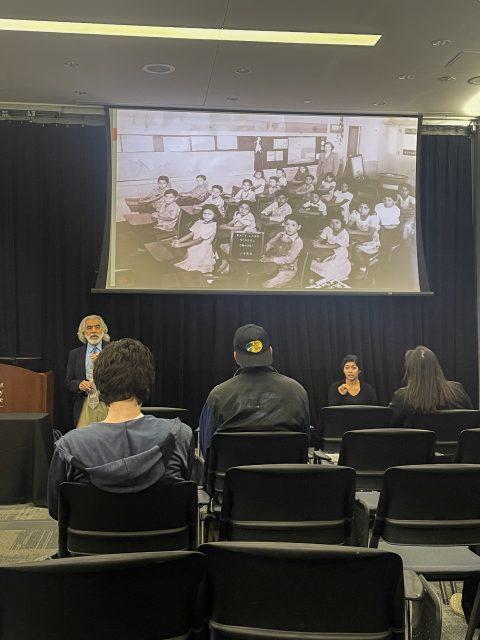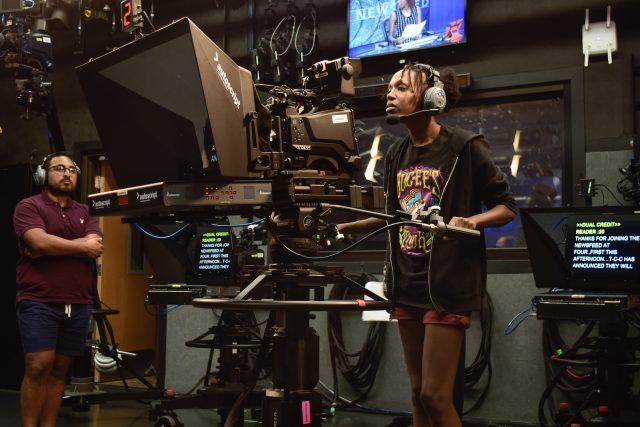NINA BANKS
managing editor
nina.banks@my.tccd.edu
I’m not fluent in Japanese, I don’t know our traditional holidays or the proper angle for bowing. And yet, I’m fluent in Japanese food.
My mom always knew she didn’t want to live in Japan forever. She favored American artists like Madonna and Van Halen. She didn’t like the strict social hierarchies and didn’t care to uphold them. When she was 20, she moved to Canada and fulfilled her dream.
Eventually she returned to Japan, she met my dad, they fell in love, and she emigrated to the US in 2004 while she was pregnant with me. I was born a few months later, and she’s been here ever since.
For the first few years of my life, my dad’s job required him to travel for extended periods of time, so I was around my mom 24/7. I watched Japanese kids shows like “Anpanman,” read children’s books in hiragana, ate umeboshi onigri and was fluent in Japanese.
My fluency didn’t last long though. My dad got a new job where he was home more and then I started kindergarten. Bye-bye bilingualism.
When my mom talks to me, I can understand it for the most part and I can read and write. But I’m nowhere near fluent anymore. The few Japanese people I have met my age are usually more fluent than I am and know a lot more about Japanese culture. They usually summer in Japan, know how to put on a kimono or can respond to their grandparents without smiling and nodding.
But whatever I lack in language, I make up in food. My mom is a certified foodie. She worked in the hotel industry as a waitress in upscale restaurants and reminisces about the days of eating decadent cakes and robust wines. There was a time in her life where she thought she wanted to be a chef, so she went to culinary school.
But like many Asian moms, she can be frugal. Her eyes light up with joy when I tell her I use a coupon. You should’ve seen her face when I got a $15 bottle of Essie nail polish for $2. She looked at me like I cured every form of cancer and simultaneously got a perfect score on the LSAT.
However, she believes not to be frugal on quality food. Twice a year, my family goes to Kura Sushi, a revolving sushi restaurant in Carrolton. It’s the closest we get to good sushi and we drop nearly $200 every time. But it is absolutely worth it.
The power of food is impalpable. I may not be fluent in the language, but trust when I say I know the difference between the quality of sushi-grade salmon and grocery store salmon. Maybe I can’t connect in the usual sense by speaking, but put me in a room with sashimi and I might as well be singing “Kimigayo.”
Food is one of the only ways I feel I am able to share my culture with someone. So, if I ever take you to get expensive sushi, just know I probably love you. Or I haven’t had good sushi in months and I’m desperate. Take your pick.


























